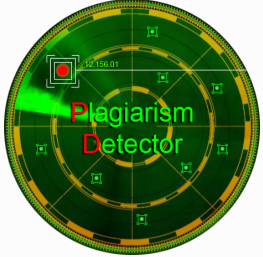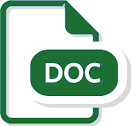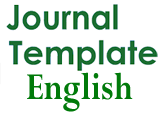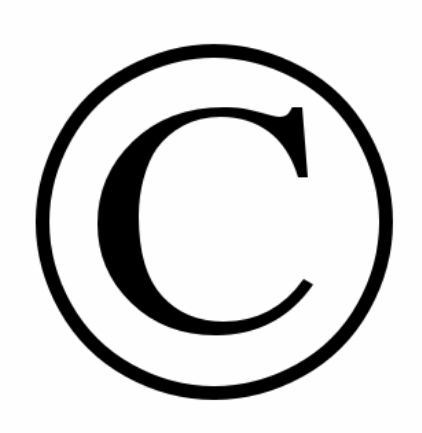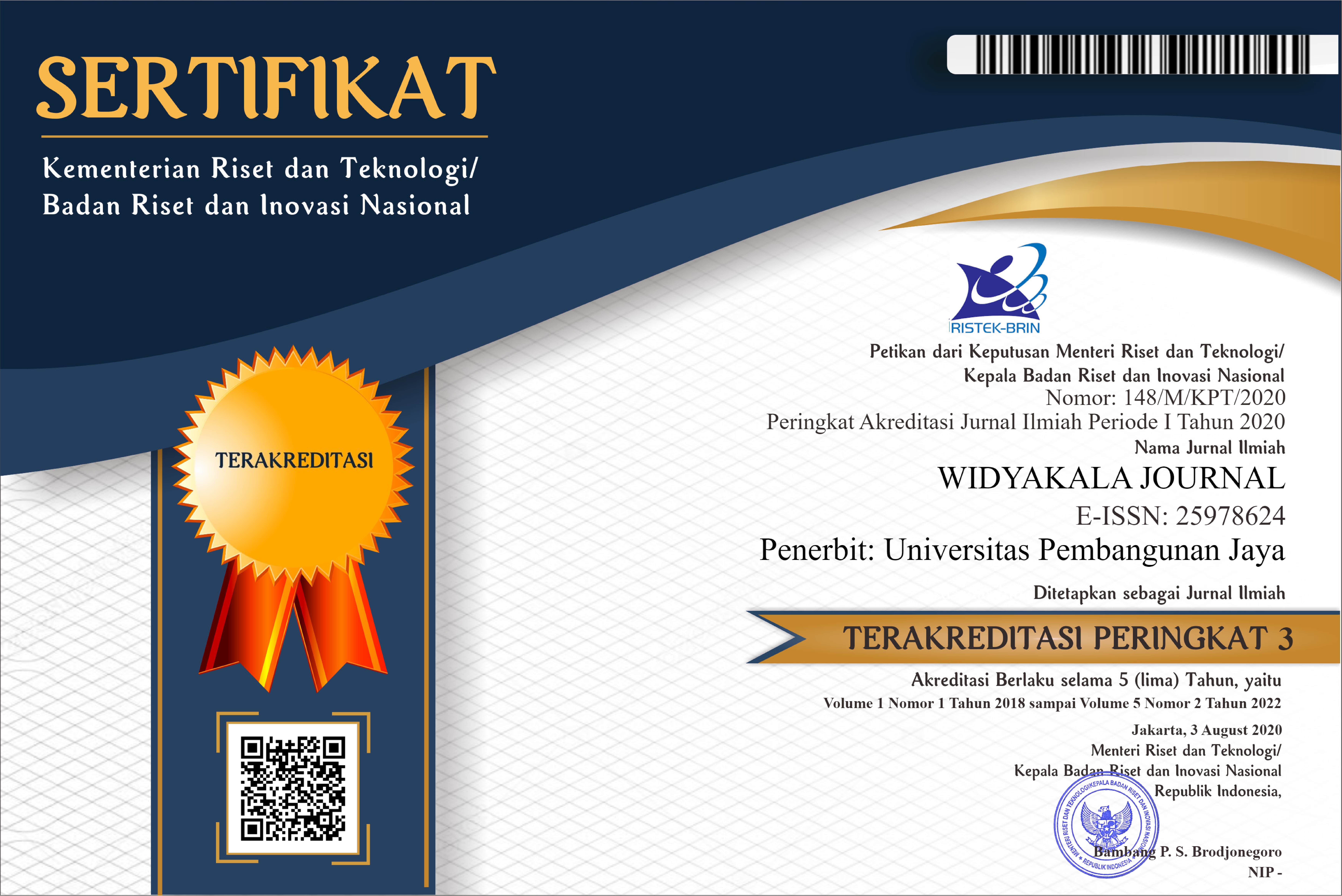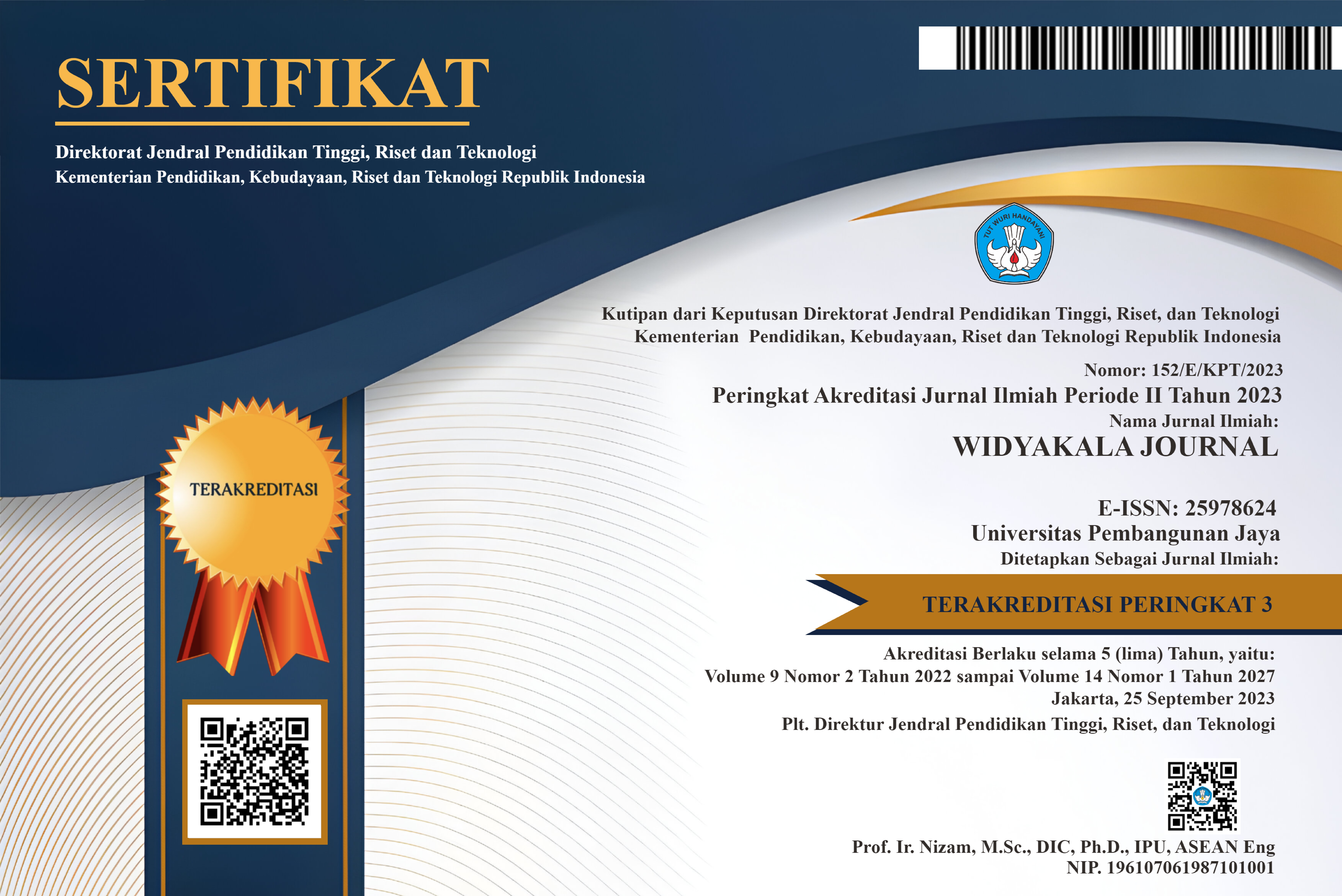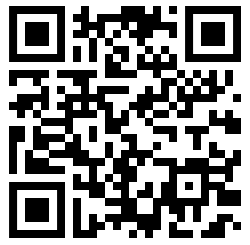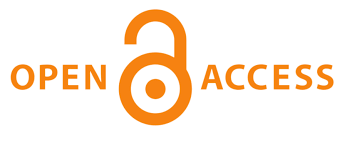Updated, March 2025
Editorial Policies
- Focus and Scope
- Section Policies
- Peer Review Process
- Publication Frequency
- Open Access Policy
- Editorial Team
- Board of Reviewers
- Publication Ethics
- Licence Content
Focus and Scope
Widyakala Journal is carried original and full-length articles that reflect the latest research and developments in both theoretical and practical aspects of Liberal Arts, Sustainable Eco-Development, and Entrepreneurship, or in short so-called LSE pillars. The journal dedicated to the improvement and dissemination of knowledge on methods, policies, and technologies for increasing the sustainability of development.
The focus of the study selected by the Widyakala Journal is Urban Development and Urban Lifestyle. Acceptance of articles can be based on
- Results of empirical research (surveys, case studies, experiments, archival analysis, design, and historical approaches);
- Results of theoretical studies aimed at advancing existing theories, adapting theories to a local situation, or proposing new concepts/theories;
- The theoretical finding with the aim of investigating and synthesizing on existing theories;
- Research results from science, engineering, and community service in the form of concepts, prototypes or ready products for the market.
Specifically, the scopes of the journal include, but are not limited to, the following fields.
- Climate change
- Ecology and sustainable development
- Waste and water management
- Environmental economics and policy
- Renewable and sustainable energy
- Social sciences, humanities, and social impact assessment
- Green construction and sustainable development
- Earth and environmental technologies
- Remote sensing and Geographic Information System (GIS)
- Smart system, information and communication technologies
- Product design and materials, arts, multimedia, and branding concepts
- Urban governance and air pollution
- Impacts of globalization and financial crises
- Poverty alleviation, equality and health and well being
- Entrepreneurship phenomenon and challenges
- Architectural issues
Widyakala also opens to receive a special issue that related to the three core of UPJ's excellence above. The content and format for the special issue are similar to the regular issue. Note that the paper accepted for a special issue is at least five papers which are all investigates one big issue or one big theme. Proposals should be sent by email to the Editor (widyakala.journal@upj.ac.id).
Section Policies
Cover
Articles
The journal is open for submission online, conducted review process (peer review), indexed in Crossref, Base, Google Scholar, Garuda, and OneSearh. Acceptance paper is based on the review results and revision by authors and free from plagiarism elements.
Peer Review Process
Articles that pass the initial assessment of the section editor will be sent to Mitra Bestari (external reviewer) for review of the feasibility of publication through a single-blind review process. At least two reviews are required to assess a paper to get the high-quality of paper and for fair play. Reviewers know the authors’ names and backgrounds, but authors don’t know those of the reviewers. The peer review results will state as below.
A. Be accepted
B. A revision is required
C. Resubmission for review
D. Denied, the denied article will be archived.
A paper can be accepted if the plagiarism checker through Turnitin software or plagiarism detector software shows the similarity below 20%.
Manuscript Service Flow
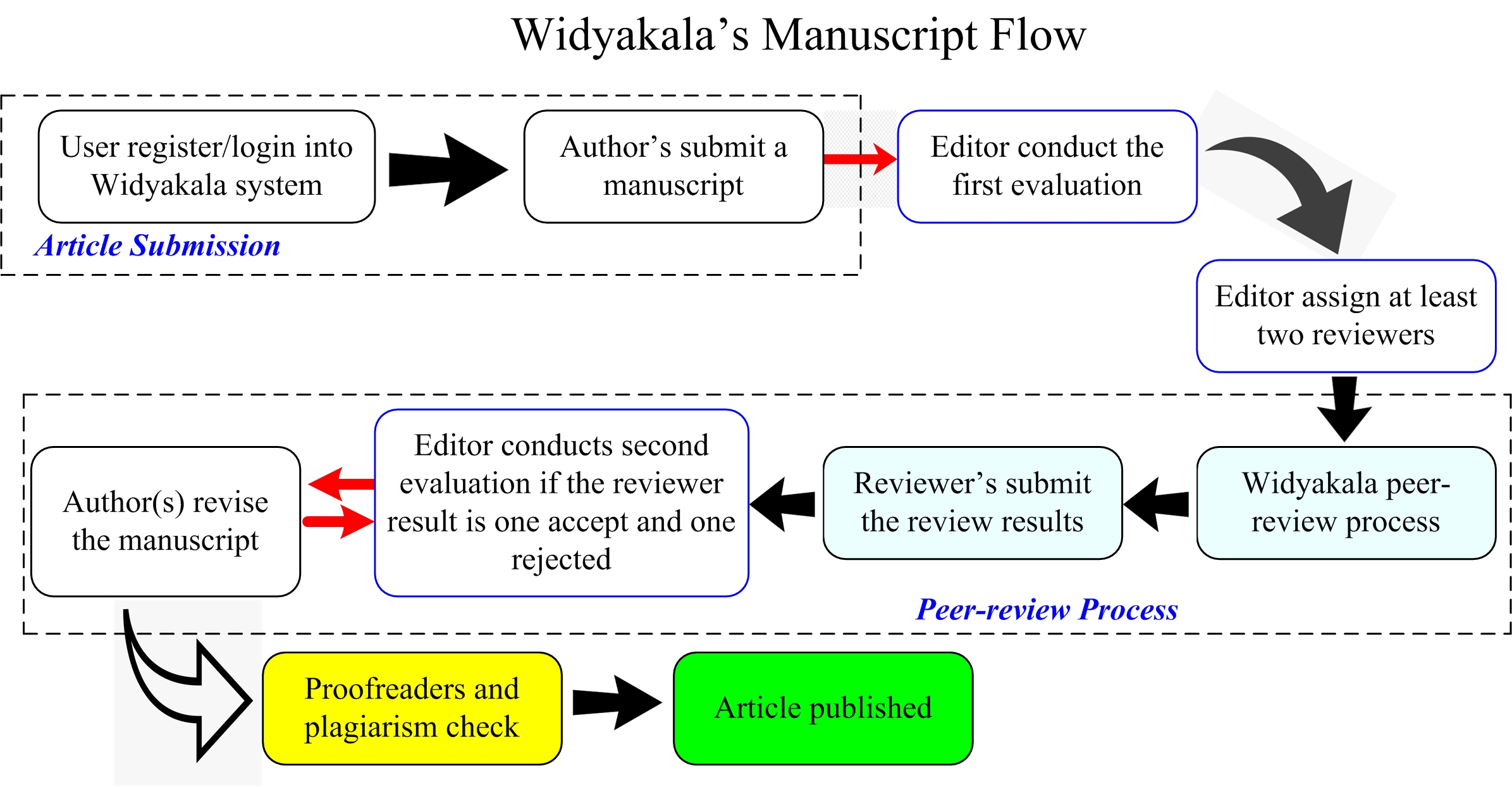
Publication Frequency
The journal is published twice a year every March and September. A minimum paper published per issue is five papers. In addition, the journal also accepts a special issue related to the focus and scope. The review process and acceptance for a special issue are similar to the regular issue.
Open Access Policy
This journal provides immediate open access to its content on the principle that making research freely available to the public supports a greater global exchange of knowledge. It means everyone has free and unlimited access to the full-text of all articles published.
The policy of the Widyakala Journal of fully open access enables you to influence the peers you want to reach through well-defined aims and scope. Choose how your work can be re-used by others with a range of Creative Commons licenses. Published material can be re-used without obtaining permission as long as a correct citation to the original publication is given.
Editorial Team
Editor in Chief
Editorial Board
Agustinus Agus Setiawan (SCOPUS ID: 55816801400; h-index: 3), Universitas Pembangunan Jaya, Indonesia
Eddy Yusuf (SCOPUS ID: 6602270930; h-index: 8), Universitas Pembangunan Jaya, Indonesia
Nur Uddin (SCOPUS ID: 54948199600; h-index: 8), German Aerospace Center (DLR), Germany
Dede Suleman (SCOPUS ID: 57219197387; h-index: 3), Universitas Pembangunan Jaya, Indonesia
Managing Editor
Suhery Handoko - LP2M Universitas Pembangunan Jaya, Indonesia
Board of Reviewers
- Nur Uddin (SCOPUS ID: 54948199600; h-index: 8), German Aerospace Center (DLR), Germany
- Emirhadi Suganda (SCOPUS ID: 53874305200; h-index: 3), Universitas Indonesia, Jakarta
- F. J. Putuhena (SCOPUS ID: 25928598400; h-index: 7), Universitas Pembangunan Jaya, Indonesia
- Hendy Tannady (SCOPUS ID: 57201357278; h-index: 6), Universitas Multimedia Nusantara, Indonesia
- Leenawaty Limantara (SCOPUS ID: 6508172501; h-index: 11), Universitas Kristen Petra, Surabaya
- Asniza Hamimi Abdul Tharim (SCOPUS ID:55321244400; h-index: 7), Universiti Teknologi MARA, Malaysia
- Nattika Navapan (SCOPUS ID: 23493588000; h-index: 1), Naresuan University, Thailand
- Rahmah Elfithri (SCOPUS ID: 36197970500; h-index: 5), Universiti Kebangsaan Malaysia
- Djoko Suwarno (Scopus ID: 55611403100; h-index: 5) Soegijapranata Catholic University, Semarang, Indonesia
- Ade Asmi Abdul Aziz (Scopus ID : 55694925800: h-index : 9) Universitas Bakrie, Jakarta, Indonesia
- Kartiko Putranto (Scopus ID: 7801505561; h-index: 2), Universitas Krisnadwipayana, Bekasi, Indonesia
- Sahid (Scopus ID: 57224916565: h-index: 3) Universitas Katolik Parahyangan, Bandung, Indonesia.
- Rudy Trisno (Scopus ID : 57204942710: h-index: 7) Universitas Tarumanagara, Jakarta, Indonesia.
- Michael Christian (Scopus ID: 57224984357: h-index: 11) Universitas Bunda Mulia, Jakarta, Indonesia
- Henilia Yulita (Scopus ID: 57815637600: h-index: 8) Universitas Multimedia Nusantara, Jakarta, Indonesia
- Johannes Siregar (SCOPUS ID: 57205429806; h-index: 3), Universitas Pembangunan Jaya, Indonesia
- Agustine Dwianika (SCOPUS ID: 57216368082; h-index: 3), Universitas Terbuka, Indonesia
- Hendy Tannady (SCOPUS ID: 57201357278; h-index: 11), Universitas Multimedia Nusantara, Indonesia
Publication Ethics
Publication Ethics
Introduction
Academic Journals require all authors to adhere to the ethical standards as prescribed by the Committee on Publication Ethics (COPE).
The Basis
In managing journals, Widyakala Journal holds publication ethics referring to the COPE. This statement of scientific code of ethics is a statement of a code of ethics for all parties involved in the publication process of this scientific journal, namely managers, editors, reviewers, and authors. This statement is based on the Head of LIPI Regulation Number 5 of 2014 concerning the Code of Ethics for Scientific Publications, which essentially upholds three ethical values in publications, namely:
- Neutrality, which is free from conflicting interests in managing publications;
- Justice, namely giving authorship rights to those entitled as authors/writers;
- Honesty, i.e. free from duplication, fabrication, falsification, and plagiarism (DF2P) in publications).
Author Responsible
1. Reporting Standards
The author of the article in the form of a research report must present an accurate report of the work done and discuss the purpose of the significance of the research. The underlying data must be explained accurately in the research report text. The research report must contain enough detail and references to enable others to emulate the work. Reports containing fraud or intentions regarding inaccurate data are unethical and unacceptable behavior.
2. Data Access and Retention
The author is asked to provide raw data related to editorial needs. The author must be prepared to provide the data within a predetermined time period.
3. Originality and Plagiarism
The Author must ensure that the work is written is entirely original and if the author uses the work and or sentences of others then it must use citations or be quoted correctly or paraphrased with his own sentence but still includes the source or references. The practice of taking someone else’s work or ideas and passing them off as one’s own’ Oxford Dictionaries. Thus, all of the submitted manuscripts will be checked by a reputable and premium version of plagiarism software.
4. Double Publishing or Similarity of Content
An author should not publish manuscripts that describe the same research essence in more than one journal or publisher. Sending the same text to more than one journal simultaneously is unethical and unacceptable publishing behavior.
5. Source of Recognition
Appropriate recognition of the work of others must always be appreciated. The author must cite influential publications or ideas in determining the nature of the work reported. Authors should use only citations that are relevant to their manuscripts. The addition of references that are not relevant to the work is strongly discouraged. Irrelevant self-citation to increase one’s citation is unethical. Unnecessary citation of articles for the sole purpose of “increasing” the articles’ citation is unethical. Unnecessary citation of articles from a particular journal to “increase” the journal's citation is unethical.
6. Author Contributor
The names of authors listed should be limited to those who have made a significant contribution to the concept, design, implementation, or interpretation of the research reported. All people who have contributed significantly must be registered as co-authors. Parties who have participated in certain substantive aspects of the research project must be recognized or registered as contributors. The lead author must ensure that the co-authors whose names are listed in the report are those that are truly eligible to be included and that all co-authors have seen and agreed to the final version of the report and have agreed to publish the report.
7. Disclosure and Conflict of Interest
All authors must disclose in the paper report for any financial or substantive conflicts of interest that might be expected to influence the outcome or interpretation of the report.
8. Basic Mistakes in Published Works
When the author discovers significant errors or inaccuracies in the published work, the author is obliged to immediately notify the journal editor or publisher and work with the editor to recall or correct the error. Risks and Humans or Animals as subjects if the research involves chemicals, procedures or equipment that are at high risk of their use, the author must mention this in the article.
9. Fabrication and falsification of data
Fabrication, manipulation or falsification of data is a violation of this publication ethics. Academic Journals will follow the COPE guidelines in suspected cases of fabrication and falsification of data.
To achieve high-quality publications and meet world-recognized standards of scientific competence, this journal is supported by several experts and people who are competent and committed to advancing science and technology with the task as below.
EDITOR-IN-CHIEF
Responsible for the quality of publications (principles of fairness, confidentiality, disclosure and conflicts of interest, publication decisions, and review of manuscripts);
- Responsible for the indexation and recruitment of the team (editorial board and peer reviewers);
- Contact prospective authors to submit manuscripts and promotion;
- Select, determine and appoint editor and peer reviewers members based on their expertise;
- Responsible for regular publishing;
- Responsible for journal governance;
- Conduct an overall publishing evaluation.
EDITORIAL BOARD
1. Fairness
The editor always evaluates the intellectual content of the manuscript regardless of the race, gender, sexual orientation, religious beliefs, ethnicity, citizenship, or political philosophy of the authors.
2. Confidentiality
The editor and any editorial staff are prohibited from disclosing any information about the manuscript submitted to anyone other than the writer, reviewer, potential reviewer, editorial advisors, and publisher.
3. Disclosure and Conflict of Interest
Unpublished material but mentioned in a proposed paper may not be used in the editor's personal research without the written consent of the author.
4. Publication Decision
The journal editorial board is responsible for deciding articles to be published. The editors can be guided by the policies of the journal editorial board and are limited by legal provisions such as defamation, copyright infringement, and plagiarism. The editors can negotiate with other editors or reviewers in making this decision).
5. Review Article
The editor must ensure that each initial manuscript has been evaluated by the editor for originality. Editors must regulate and use peer review fairly and wisely. The editor must explain the peer review process in informing the author and indicating which parts of the journal are reviewed. The editor must use the appropriate peer reviewer for the manuscript to be published by selecting people with sufficient expertise and avoiding people with conflicts of interest.
6. Other Commitments
- Conduct a review of the eligibility of the manuscript that was charged to her/him in a timely manner (at least 3 weeks) and a minimum of two articles to be reviewed for each issue.
- Attending and participating in peer review meetings).
BOARD OF REVIEWERS
1. Contribute to Editorial Decision
Peer review helps the editor in making editorial decisions and through the editorial communication with the author can also assist the author in improving the quality of the manuscript.
2. Timely
Any reviewer who is selected but feels ineligible to review the research reported in the manuscript or knows that a quick review is impossible is required to notify the editor and excuse himself from the review process.
3. Objectivity Standards
Reviews must be conducted objectively. Personal criticism from the author is inappropriate and should be avoided. Reviewers must express their views clearly with supporting arguments.
4. Confidentiality
Every script accepted for review must be a confidential document. Manuscripts may not be displayed or discussed with others unless authorized by the editor.
5. Disclosure and Conflict of Interest
Important information or ideas obtained through peer review must be kept confidential and not used for personal gain. Reviewers are prohibited from linking texts with conflicts of interest caused by competitive, collaborative, or other relationships and there is a connection with one of the authors, companies or institutions related to the text of the report.
6. Source Recognition
Reviewers must identify the work that has been published that is relevant but has not been cited by the author. A statement that observations, derivations or arguments have been reported before must be accompanied by relevant citations. Reviewers must also increase the attention of editors regarding the substantial similarities or overlaps between the reviewed manuscripts and any other published papers that they are aware of.
MANAGING EDITOR
- Archiving manuscripts sent by the author, review results, and plagiarism checking;
- Give advice to the Editor about the final decision of the manuscript submitted by the author;
- Coordinate type-setting the final manuscript to be published;
- Determine the printing design, layout, and journal cover;
- With Editor to monitor the process of completing the manuscript being worked on;
- Coordination article printing and journal distribution;
- Assist editors in journal management and documentation;
- Assist the Editor in Chief in preparing journal accreditation.
COVER DESIGN AND LAYOUT
- Layout the article and cover design based on instructions given by the Chief Editor;
- Arranging the layout of figures and or tables in the appropriate place in case the article page is found to have too much free space or part of the table or picture to be continued to the next page;
- Cover design based on themes and current or hot issues;
- Produce printing designs, layout, and journal covers.
Licence Content
Copyright of WIDYAKALA JOURNAL (p-ISSN: 2337-7313, e-ISSN: 2597-8624)
![]()

